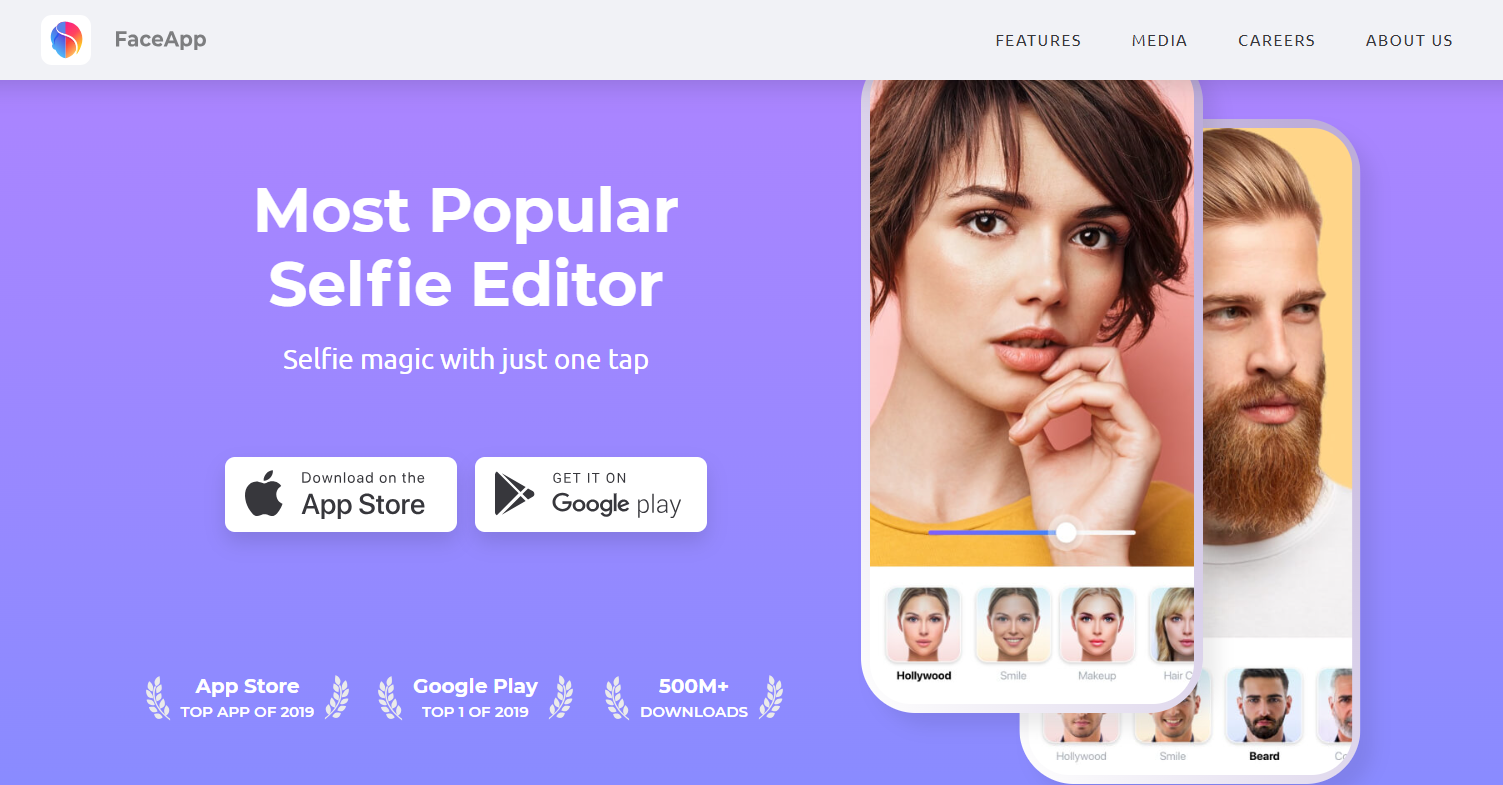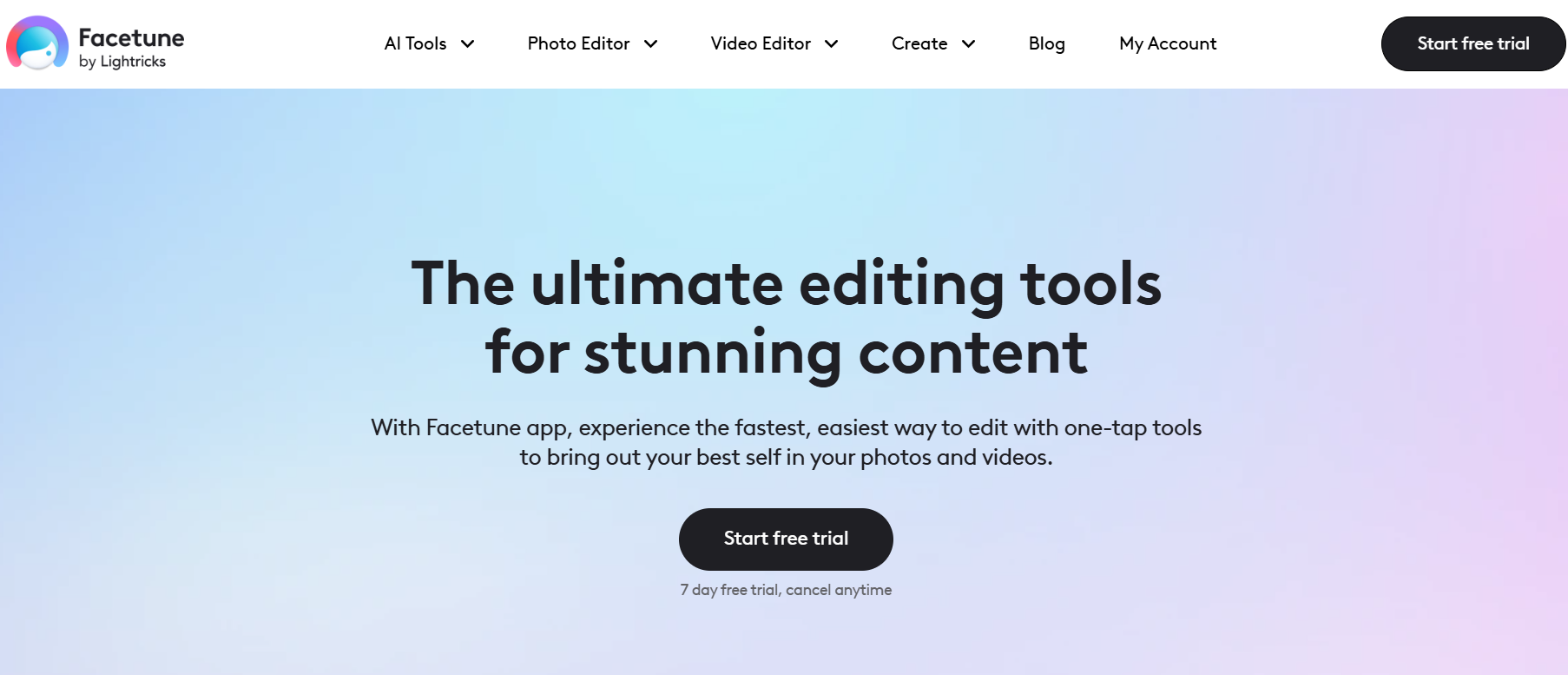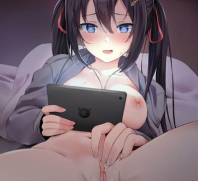Facetune vs FaceApp
With the advancement of technology and the increasing popularity of social media, the pursuit of the perfect look has become more significant than ever. Photo editing apps like Facetune and FaceApp have become important tools for many users.
Both apps offer many features to improve the appearance of photos, but each has its own unique features and benefits. In this review, we’ll take a look at Facetune vs. FaceApp moment — the main differences and features of these two apps.
Compare Facetune vs. FaceApp
For a more detailed understanding of the advantages and disadvantages of these two apps, you need to check on important aspects such as functionality, interface usability, quality of customer support, and value for money. Our text will help you assess which features and capabilities are better suited to your needs.
FaceApp

Reviews Score
- 4,7 stars — based on the App Store.
- 4,3 stars—based on Google Play.
Pricing Details Block
Free trials and paid plans start at $7.99.
Key Features Block
FaceApp is developed by a Wireless Lab company. The app became famous mostly for its feature of changing age and gender in photos.
- Age change filters: turn a young face into an old face, and conversely.
- Gender filters: change male facial features into female facial features, or inversely.
- Smile: Add a smile to a grumpy portrait.
- Hairstyles and Hair Colors: choose a desired hairdo and add it to your photo.
- Makeup: virtual makeup to enhance your appearance.
Pros and Cons Block
FaceApp Pros:
- Entertaining filters: lots of fun and impressive effects.
- Instant conversion: fast processing and results.
- Extensive change options: from changing age to gender, which attracts many users.
FaceApp Cons:
- Quality of results: extreme changes, such as age or gender, can look artificial and distorted.
- Internet dependency: requires an internet connection for most features, as processing takes place on company servers.
- Paid features: many popular features are only available on a subscription basis, which can be frustrating for users not willing to pay.
User Groups Block
- Content creators and bloggers
- Youth
- Users interested in self-expression
- Fun-loving users
- People who want to experiment with extracurriculars in a virtual format
Facetune

Reviews score
- 4,7 stars — based on the App Store.
- 4,4 stars — based on Google Play.
Pricing Details Block
Free trial, monthly subscription, annual subscription.
Key Features Block
Facetune is one of the most popular photo retouching apps by Lightricks. It’s designed for your perfect portraits and selfies.
- Skin correction: removing pimples, wrinkles, and skin lightening.
- Face reshaping: correct jaw lines, reshape the nose and cheekbones.
- Teeth whitening: make your smile brighter.
- Eye editing: increase eye size, eliminate red eyes, and brighten the iris.
- Hair & Makeup: Change hair color and apply virtual makeup.
Pros and Cons Block
Facetune Pros:
- Precise control allows users to fine-tune every aspect of a photo.
- High quality: results look natural and professional.
- Ease of use: intuitive interface.
Facetune Cons:
- Paid features: many of the best features are only available in the paid version.
- Time to edit: It takes more time and effort to customize photos in detail.
- Lack of entertaining filters: no fun and impressive filters like FaceApp.
User Groups Block
- Beauty bloggers and influencers.
- Professional photographers who’re interested in saving time on computerized retouching.
- Models.
- Brands and companies.
- Artists and graphic designers.
Facetune vs. Faceapp: What is Better to Choose?
Facetune and FaceApp are two powerful photo editing tools, each with their own unique features and benefits. There is no one true answer to the question of which app is better. It all depends on your needs and desires.
Facetune is suitable for those looking for precise control and professional results, while FaceApp offers fast and entertaining transformations. Regardless of which app you choose, both are capable of greatly enhancing your photos and adding unique touches to them.
For example, Facetune offers more precise control over photo editing. Users can manually adjust each element, resulting in more professional and detailed results. FaceApp, on the other hand, focuses on automatic filters that instantly transform a photo.
Facetune is more suited for users who want to enhance their portraits and selfies, making them more appealing for social media or professional purposes, while FaceApp focuses on entertaining effects and interesting changes, making it popular with users looking for fun and unusual transformations.
Facetune is known for its high-quality editing that looks natural and professional. FaceApp, although it offers many interesting filters, can sometimes create less realistic results, especially with extreme changes.
Both apps have an intuitive and easy-to-use interface, but Facetune requires more time and effort to achieve the desired results, whereas FaceApp provides instant transformations with minimal effort on the part of the user.
So, as we said previously, the choice between these apps depends only on your personal preferences and photo editing goals.



